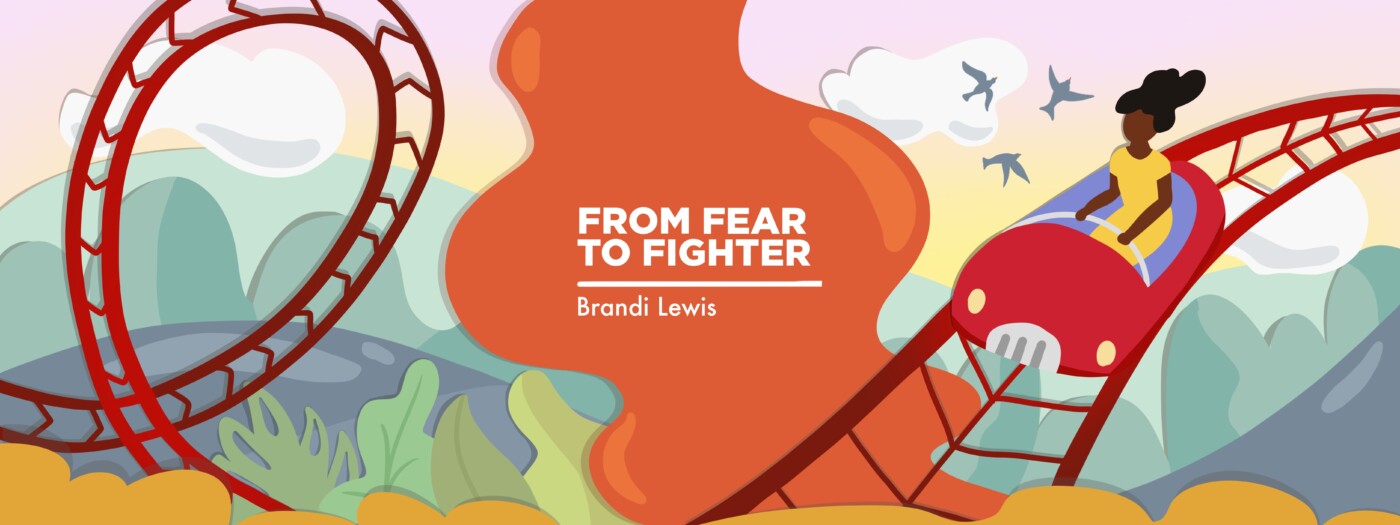4 ways to find your tribe while living with PNH
Connection and support are crucial when battling a rare blood disorder
Written by |

After being diagnosed with two rare blood disorders, aplastic anemia and paroxysmal nocturnal hemoglobinuria (PNH), I felt alone and often asked, “Why me?” I didn’t understand why I’d been chosen to take on this tough health battle.
The loneliness was intense and at times hard to bear. I felt like I was the only person in the world battling these conditions. Due to my initial state of shock and misery, I didn’t have the strength to find others going through similar trials.
My mom, who also is my caregiver, began researching how many patients had been diagnosed with these disorders, which support groups were available, and who the best specialists were. She created the momentum that led me to find my community.
There is something special about the moment you finally feel less alone. Knowing that someone understands your struggles provides a sense of calmness and relief. Author Glennon Doyle refers to this as “finding your tribe.”
Your community is your people — the ones who “get” you. According to a 2001 article in the American Journal of Public Health, “A common definition of community emerged as a group of people with diverse characteristics who are linked by social ties, share common perspectives, and engage in joint action in geographical locations or settings.”
We all seek places where we belong. No matter the situation, being part of a group makes us feel seen and heard. Imagine being the only person in the world who has experienced a certain issue. No one else can understand how this issue has impacted your life. How would that make you feel?
This question highlights the importance of finding a community, particularly for the sake of our mental health. Even if we don’t socialize with our tribe, just knowing they’re there can make us feel better.
We all battle something, and leaning on others can make a monumental difference. If you’re living with PNH and trying to find your tribe, the following are four ways to connect with other patients and advocates.
1. Social media
Social media groups are one positive aspect of these platforms. By entering “PNH” in the search bar, you will find groups to join and people to connect with. When I first joined some Facebook groups, I thought I had to post all of my questions. But after scrolling through previous posts, I realized many others had already asked similar questions. Reading the responses was helpful and reminded me I wasn’t alone.
2. Organizations
PNH seems to be gaining recognition in the rare disease community, which has opened the door to organizations providing more resources for patients. The Aplastic Anemia and MDS International Foundation, the National Organization for Rare Disorders, and PNH News all supply patients with disease information and opportunities for connection.
3. Use your voice
Don’t hesitate to speak up and speak out. If you can’t find your tribe, create your own. Because I was diagnosed at 19 years old, I had a tough time finding a community of young adults battling the same rare blood disorders. I started talking with doctors, organizations, and advocates about how to shed more light on these conditions and create more groups for young adults.
4. Talk to your medical team
Ask your doctor, social worker, or medical team if they know of any places where you can connect with your disease community. Healthcare professionals often have some great tips, and social workers are there to help you find resources that fit your needs.
Remember, it’s normal to want to be a part of something. Find your tribe so they can help you become your best self!
Note: PNH News is strictly a news and information website about the disease. It does not provide medical advice, diagnosis, or treatment. This content is not intended to be a substitute for professional medical advice, diagnosis, or treatment. Always seek the advice of your physician or other qualified health provider with any questions you may have regarding a medical condition. Never disregard professional medical advice or delay in seeking it because of something you have read on this website. The opinions expressed in this column are not those of PNH News or its parent company, Bionews, and are intended to spark discussion about issues pertaining to paroxysmal nocturnal hemoglobinuria.






Leave a comment
Fill in the required fields to post. Your email address will not be published.